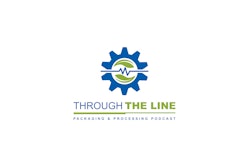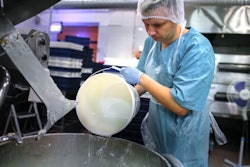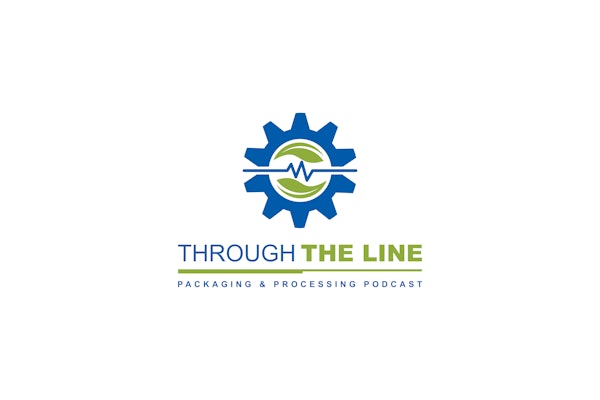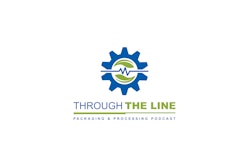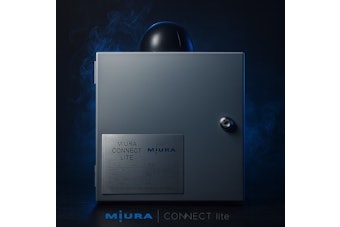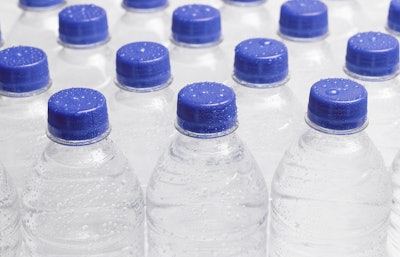
A recent report by the Associated Press alleges that the French government covered up the illegal treatment of mineral water by Nestlé, including the Perrier brand.
Nestlé used treatments to avoid chemical and bacterial contaminations in their water marketed as “natural mineral water” and “spring water,” which is prohibited under French and EU regulations. Under the EU Natural Mineral Water Directive, natural mineral water must be bottled at the source and remain free from chemical treatments.
Nestlé admitted to using prohibited treatments and paid a $2.2 million fine to avoid legal action.
The controversy highlights the need for U.S. beverage companies to ensure transparent sourcing and compliance with FDA definitions of “mineral” and “spring” water. In the U.S., such waters must remain chemically unaltered. If treated—through distillation, reverse osmosis, ozonation, or absolute 1-micron filtration—they must be labeled ‘purified water,’ per FDA regulations.
